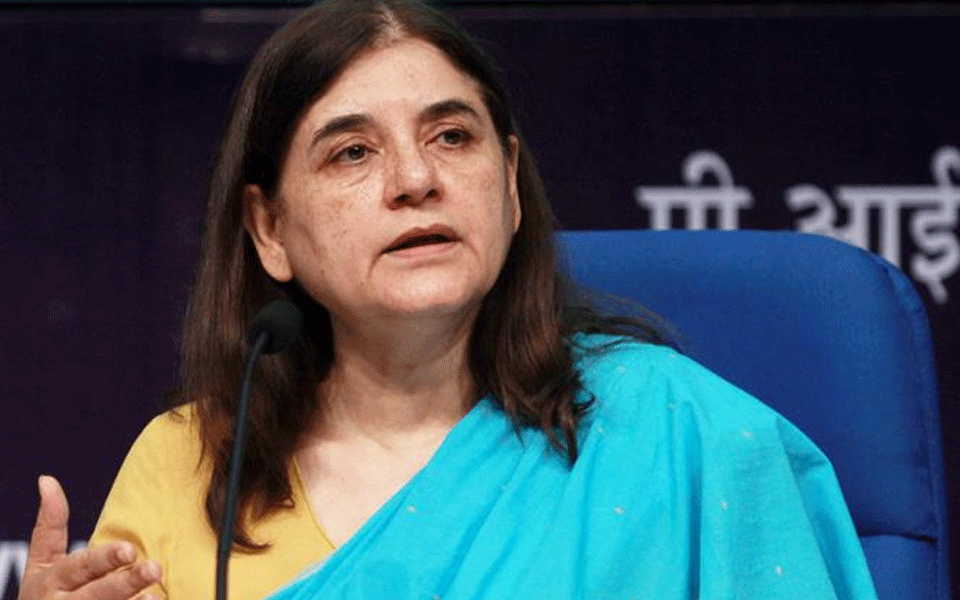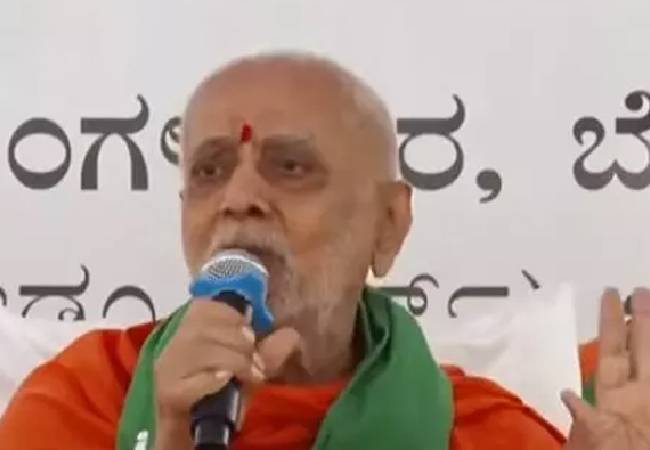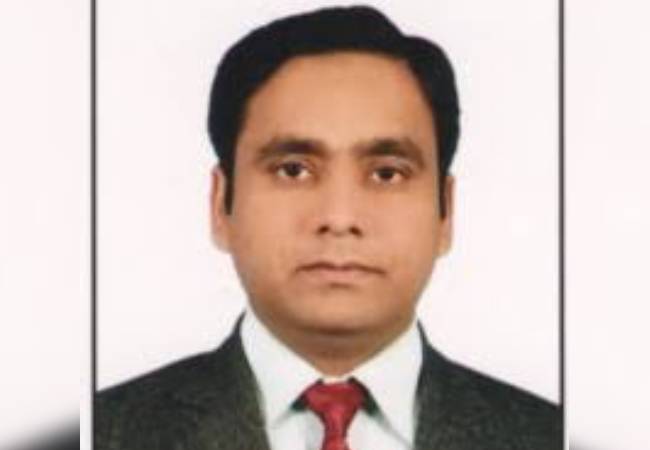New Delhi, July 5: Taking note of the sexual assault of a two-year-old boy in West Bengal, Minister for Women and Child Development Maneka Gandhi on Thursday said the perpetrators of child sexual abuse will face harshest of punishment.
"I am deeply disturbed by the news of gruesome assault on a 2-year-old boy in West Bengal. I have directed the NCPCR to immediately initiate action in this case," she said in a tweet.
Gandhi said she has spoken to the victim's father and assured him of all possible support and help from the ministry.
Gandhi added that her ministry has already moved a cabinet proposal to provide for death penalty for such heinous crimes under POCSO Act also.
"With the amendment of IPC, CrPC and POCSO Act, perpetrators of child sexual abuse will face the harshest of punishments," she added.
The incident happened at a play school in Diamond Harbour, Kolkata. The victim's father found the private parts of his son was bleeding after he returned home from school on July 2 and filed a complaint on Wednesday.
An FIR has been registered against unknown people under the Protection of Children from Sexual Offences Act (POCSO) Act 2012.
According to National Commission For Protection of Child Rights (NCPCR), the matter has been registered and will be looked by state authority of the child right's body.
Let the Truth be known. If you read VB and like VB, please be a VB Supporter and Help us deliver the Truth to one and all.
Bengaluru: Campaign Against Hate Speech, a collective of lawyers, activists, and concerned citizens, has urged Karnataka’s Home Minister, Shri Parameshwara G, and Director General of Police, Dr. Alok Mohan, to take legal action against Chandrashekar Swamiji, the seer of Vishwa Vokkaligara Mahasamsthana Mutt. The demand follows an alleged hate speech made by the seer during a protest organized by the Bharatiya Kisan Union at Freedom Park on November 26, 2024.
The organization claimed that the speech was divisive and aimed at spreading communal hatred and enmity between communities. Chandrashekar Swamiji allegedly made inflammatory remarks, including false claims about the authority of the Waqf Board and a controversial suggestion that Muslims in India should be stripped of their voting rights. The speech, delivered to a large audience, has since been uploaded to YouTube by TV9 Kannada, amassing over 6,900 views.
The organization provided excerpts of the speech, which they say falsely accused the Waqf Board of arbitrarily taking over properties, including farmland, and asserted that minorities in Pakistan do not have voting rights. These remarks, they argued, not only mislead the public but also incite hostility against the Muslim community and misrepresent the functioning of the Waqf Board. The statement suggesting that Muslims should be denied voting rights was described as unconstitutional and harmful to the secular and democratic values of the country.
In their letter, the collective highlighted specific sections of the Bharatiya Nyaya Sanhita (formerly the IPC) that they believe the speech violates. These include provisions against promoting enmity between communities, making assertions prejudicial to national integration, and spreading false or alarming information intended to incite hatred. They also pointed out that comments on the video supported the seer’s views, reflecting the potential for real-world consequences stemming from the speech.
While Chandrashekar Swamiji has since issued a written apology, Campaign Against Hate Speech argued that it is insufficient. The apology has not been widely circulated, while the original speech continues to be shared online, further amplifying its divisive message.
The organization has requested legal action against the seer and restrictions on the offensive video. They have also called for a broader public awareness campaign to educate people about the legal and social consequences of hate speech. Additionally, they suggested that the upcoming winter session of the Karnataka Assembly address the growing issue of hate speech comprehensively.
The letter underscored the importance of preserving Karnataka’s identity as a “garden of peace for all communities,” as envisioned by Rashtrakavi Kuvempu. Citing Dr. B.R. Ambedkar’s vision of democracy as a mode of “associated living,” they stressed that such remarks not only threaten a specific community but also undermine the foundational values of the nation.





